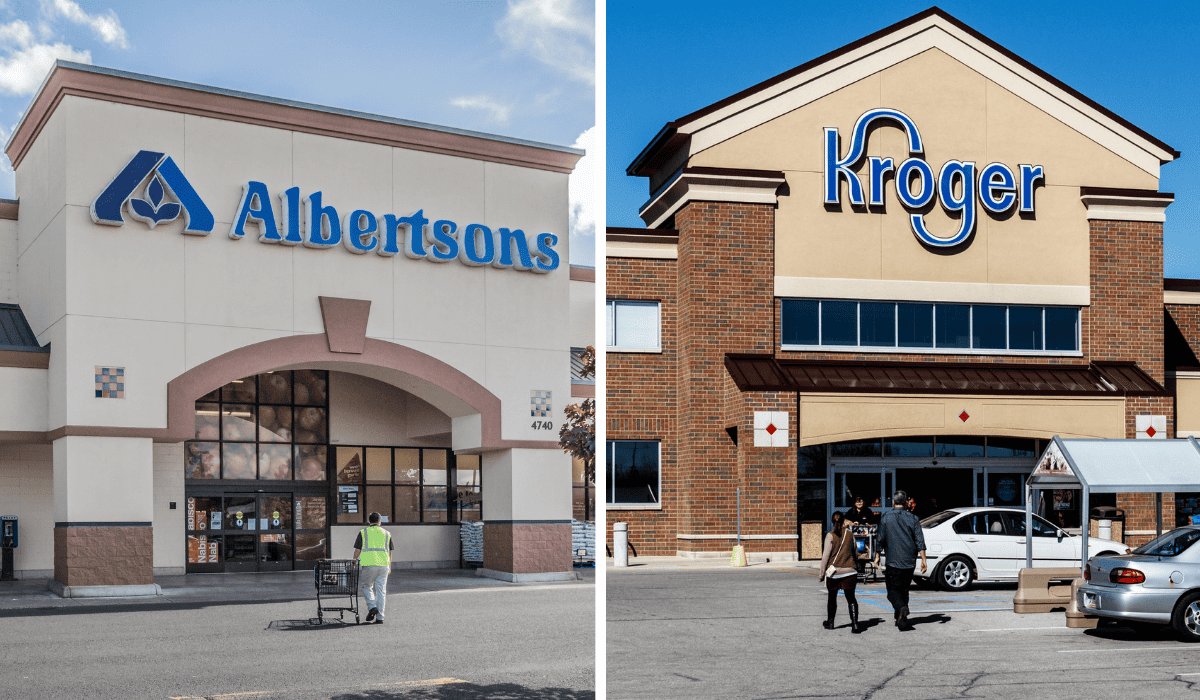
iStock/SweetBabeeJay and jetcityimage
Colorado Attorney General Files Lawsuit Against Kroger-Albertsons Merger
February 15, 2024
Colorado Attorney General Phil Weiser took a decisive step on Wednesday, announcing plans to file a lawsuit aimed at blocking the proposed $24.6 billion merger between grocery retailers Kroger and Albertsons. Weiser’s move reflects concerns about the potential negative impact on consumers, workers, and suppliers across the state.
Weiser’s action echoes similar efforts by Washington State Attorney General Bob Ferguson, who initiated a lawsuit in January citing worries about reduced options for consumers and diminished competition in the grocery market.
The merger, initially announced in October 2022, is under scrutiny by the Federal Trade Commission (FTC) to assess its compliance with antitrust laws. Weiser highlighted widespread apprehension voiced in town hall meetings held throughout Colorado last year, where residents expressed fears of job losses, increased costs, and restricted access for local farmers and ranchers.
In Colorado, where Kroger already holds a significant market share, concerns about further concentration heightened. Weiser noted that Kroger’s control over nearly half of the state’s supermarkets could lead to price hikes, adding strain to consumers’ wallets.
The lawsuit seeks to prevent Kroger and Albertsons from finalizing their merger until antitrust concerns are addressed. Additionally, Weiser’s office is pursuing legal action against the supermarket chains over a “no-poach” agreement, alleging violations of state antitrust laws.
Weiser’s decision comes after extensive engagement with stakeholders, including over 6,000 responses to an online survey and numerous listening sessions conducted across the state. The attorney general emphasized the importance of competition in safeguarding consumer interests, supporting workers, and sustaining local communities.
In response, Kroger expressed disappointment at Weiser’s preemptive legal action, asserting ongoing cooperation with regulatory bodies and defending the merger’s potential benefits, including enhanced store operations, employee investments, and competitive pricing.
Meanwhile, union representatives, including United Food and Commercial Workers Local 7, have voiced opposition to the merger, citing concerns about its impact on workers and communities. They welcomed Weiser’s lawsuit as a necessary safeguard against potential harm.
Despite Kroger and Albertsons’ proposed divestiture plan aimed at addressing consolidation concerns, skepticism remains. Past experiences, such as the fallout from Albertsons’ acquisition of Safeway stores in 2015, underscore lingering doubts about the effectiveness of such measures.
As the legal battle unfolds, the future of the Kroger-Albertsons merger hangs in the balance, with stakeholders closely watching for developments that could reshape Colorado’s grocery landscape.
Recent News
Delta Seeks Outage Damages From Microsoft, CrowdStrike
The airline plans to sue both Microsoft and CrowdStrike for damages.
Sprouts Shares Positive Q2 Financial Results
Sprouts Farmers Market, Inc. reported robust second-quarter results ending on June 30, 2024.
Johnnie Walker Maker, Diageo, Posts Largest Sales Drop Since the Pandemic
As inflation and high interest rates force many to find ways to cut spending, it appears alcohol is also losing its buzz.
IKEA Focuses on Sleepeasy With New Pop-Up Event
IKEA U.S. is making new strides in the furniture retail market by launching The IKEA Sleepeasy, an immersive pop-up event that will take place in New York in August.
